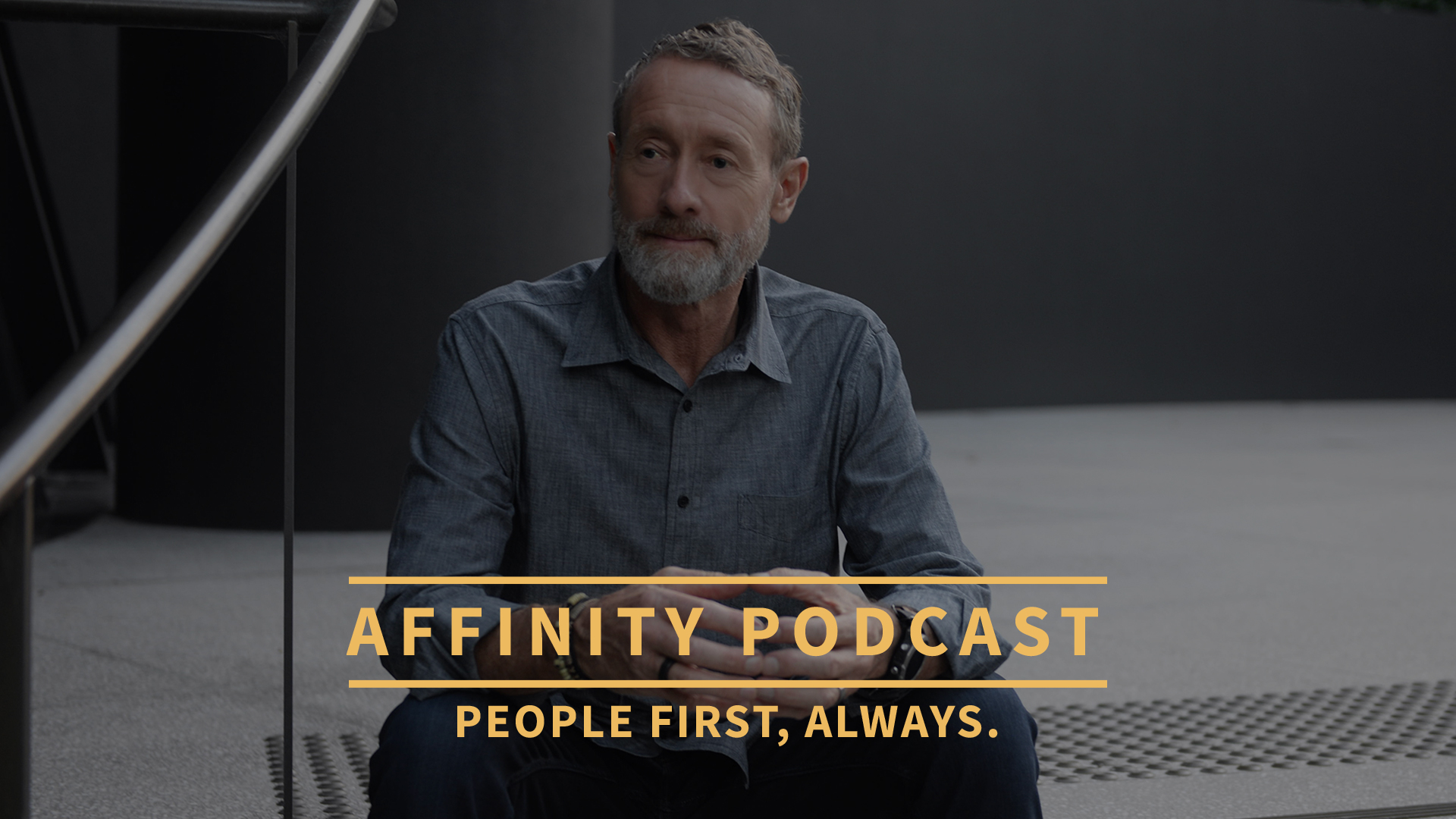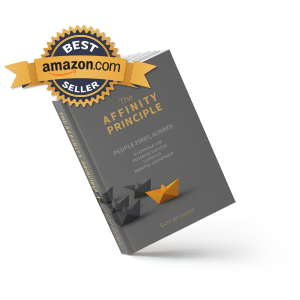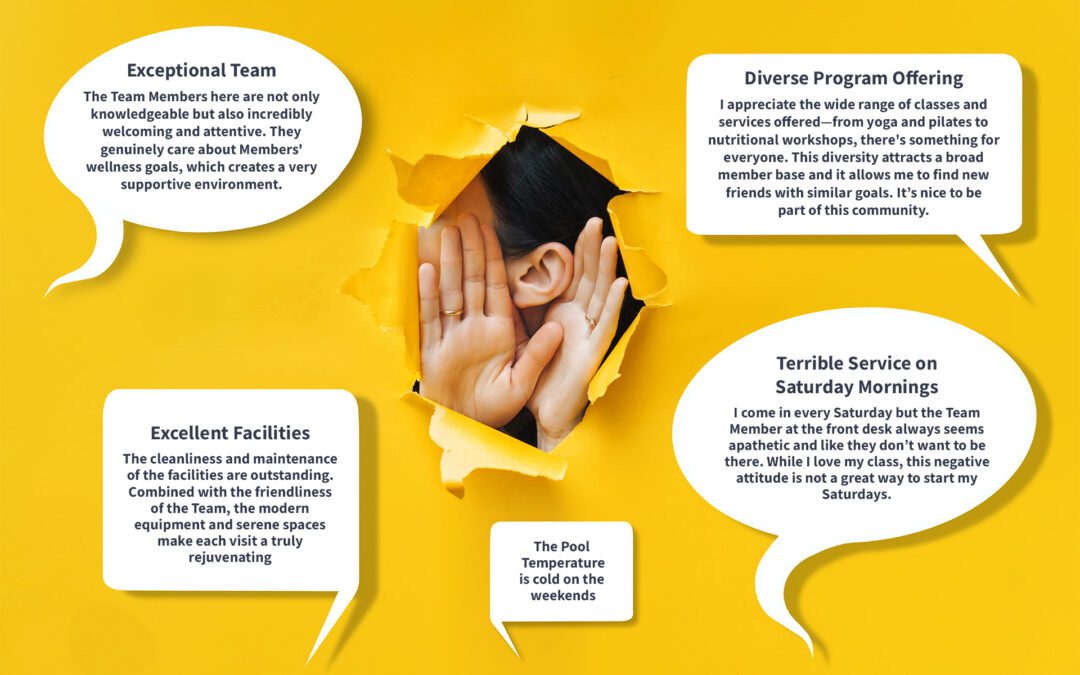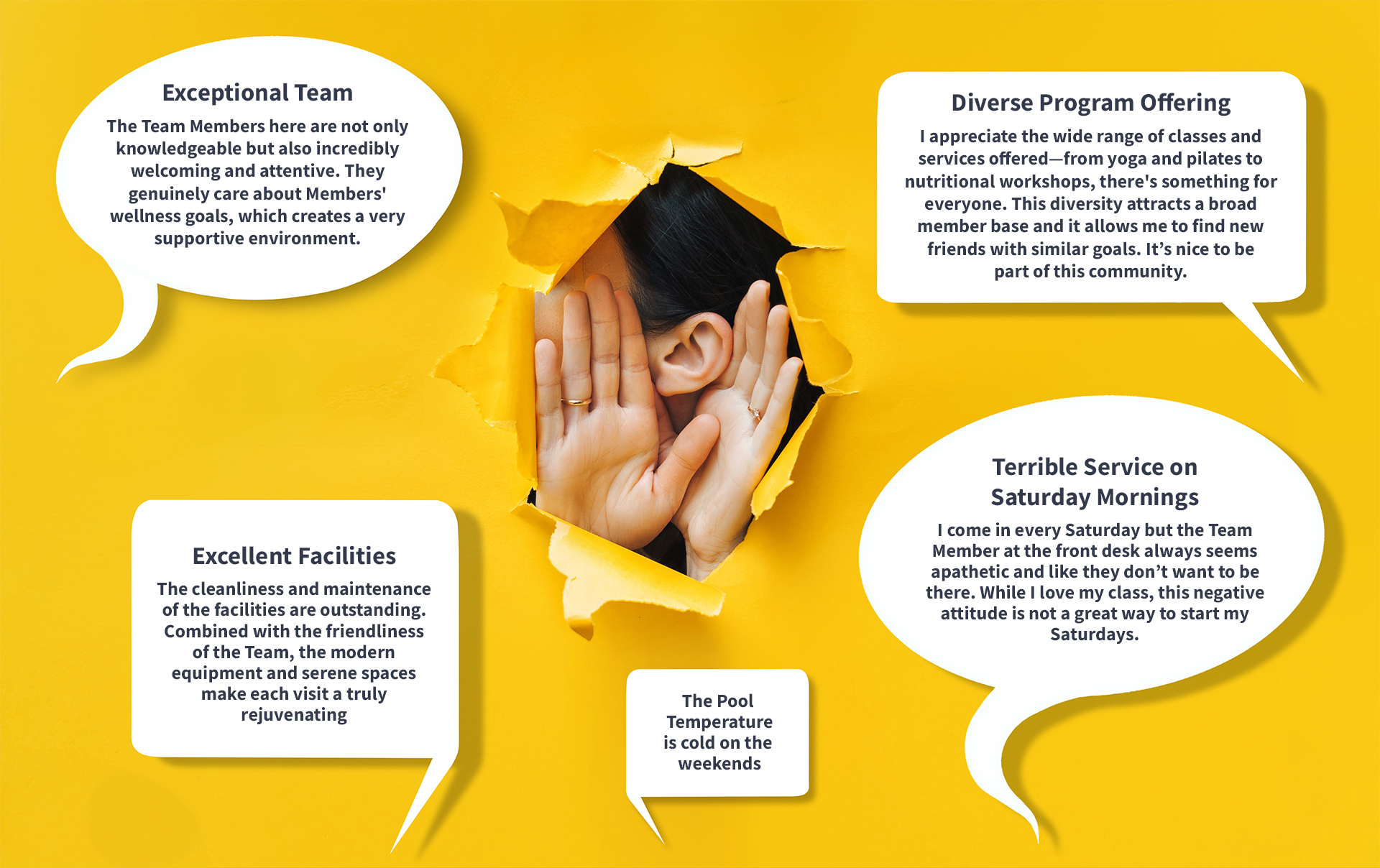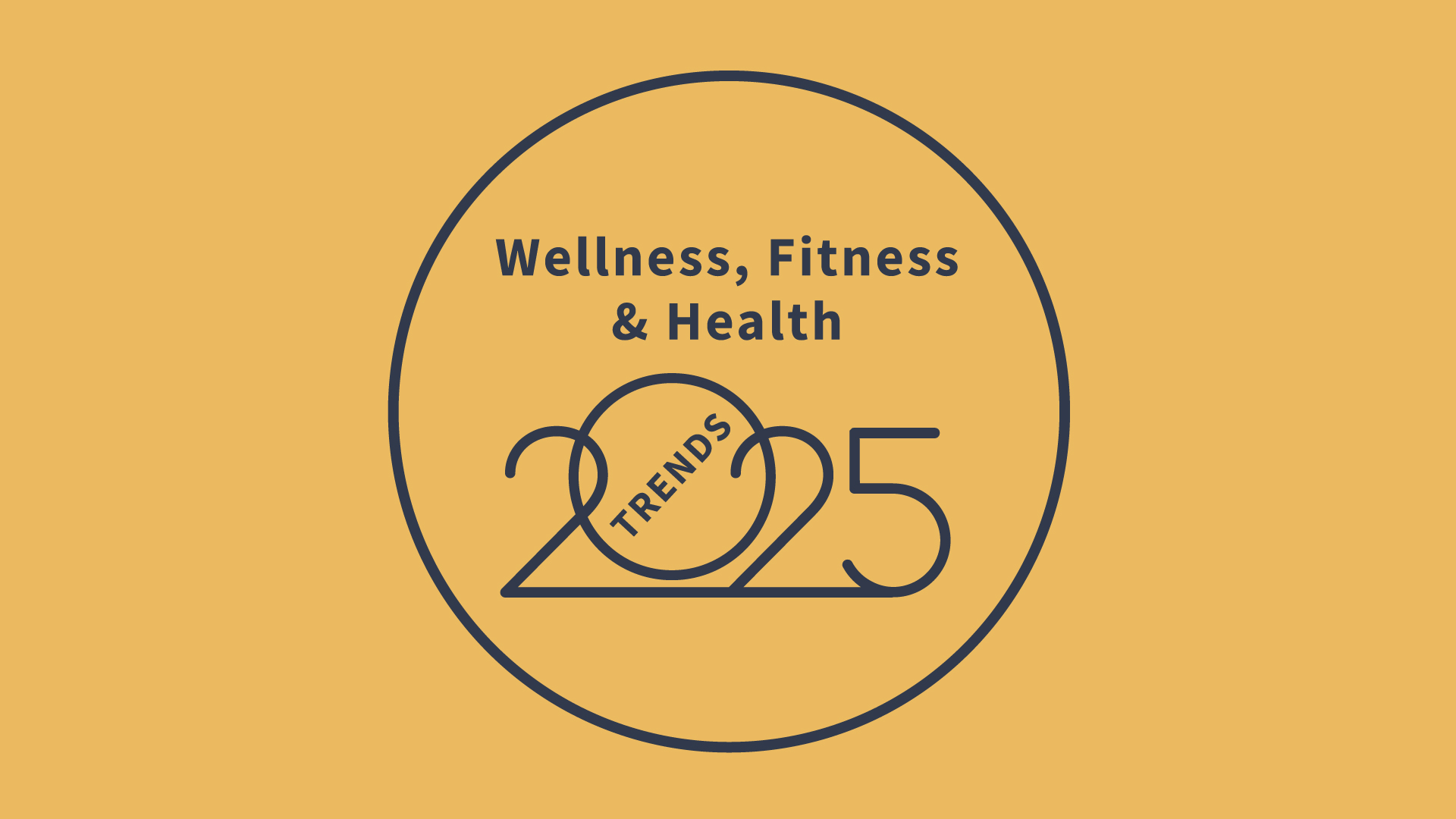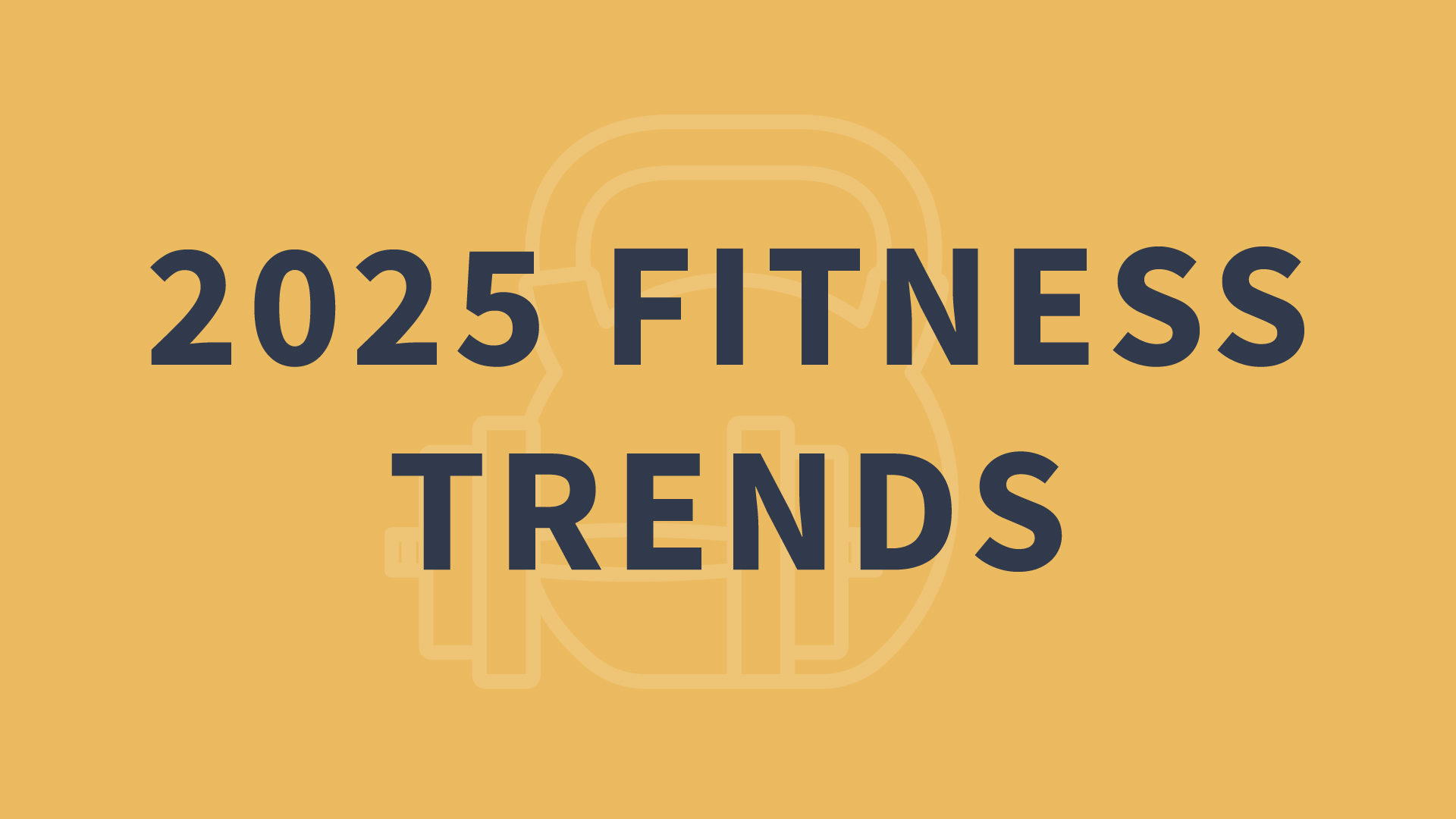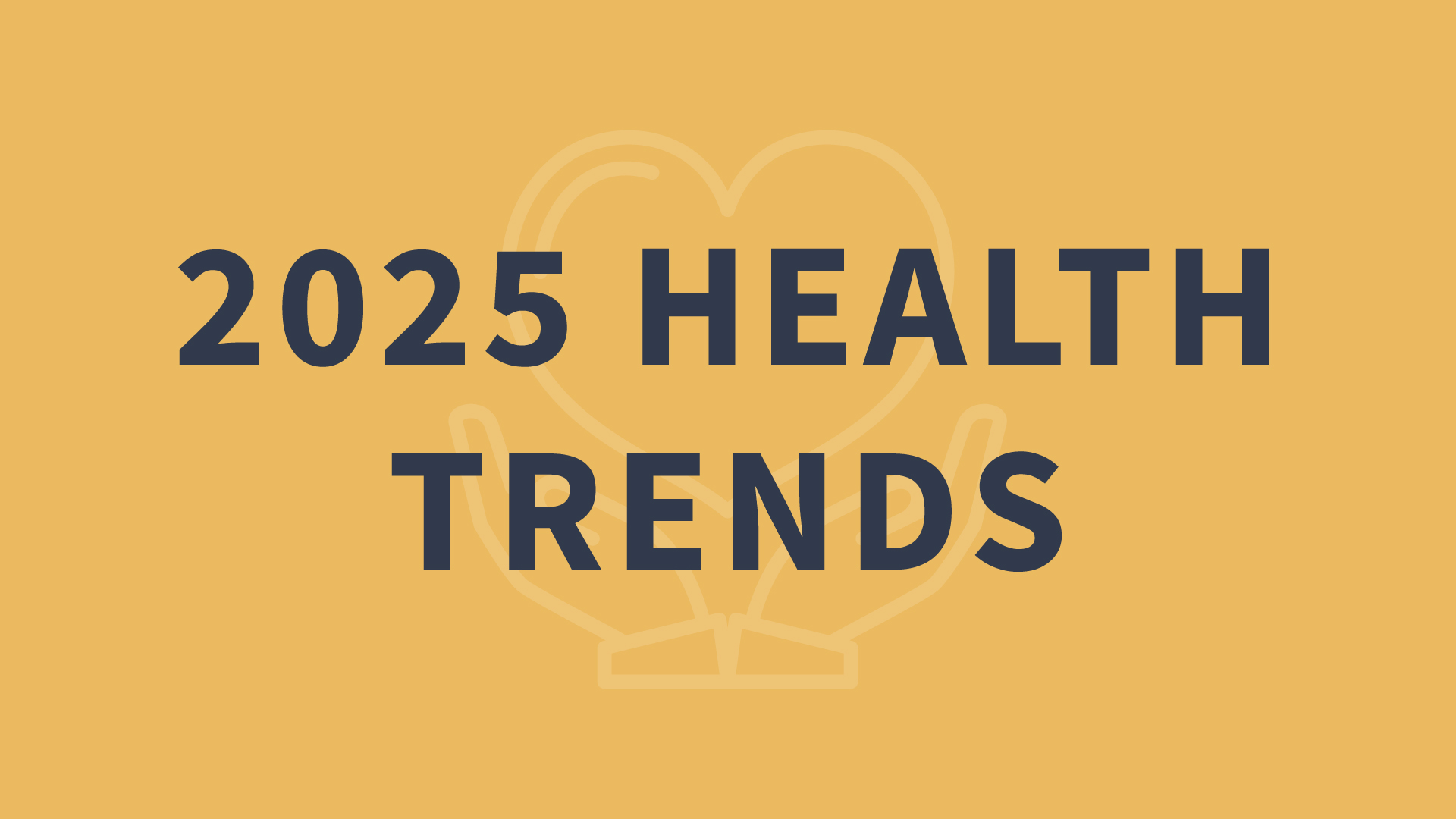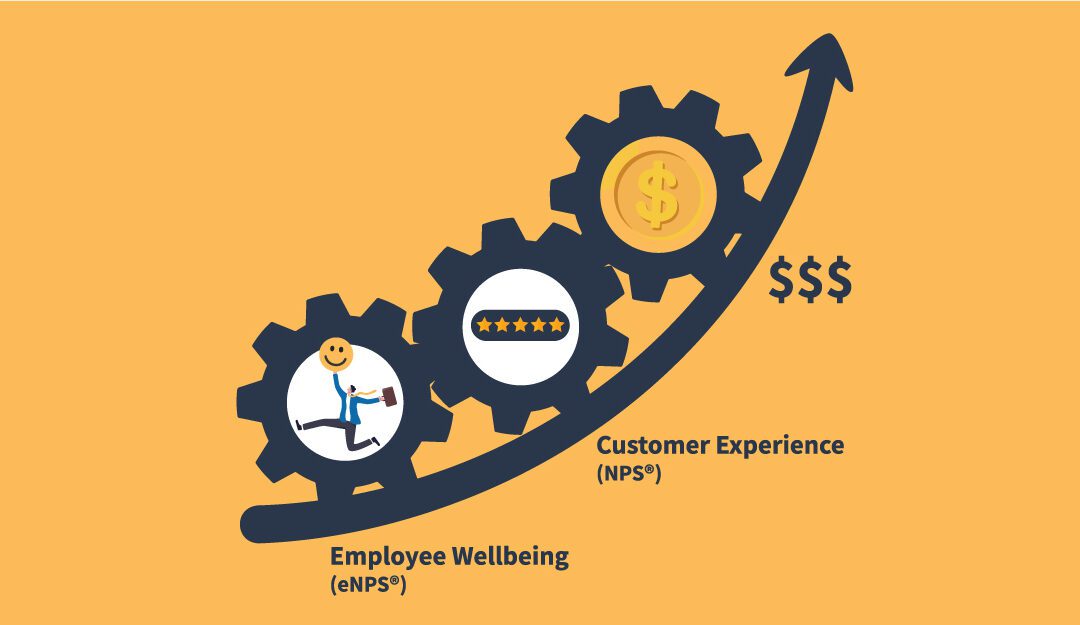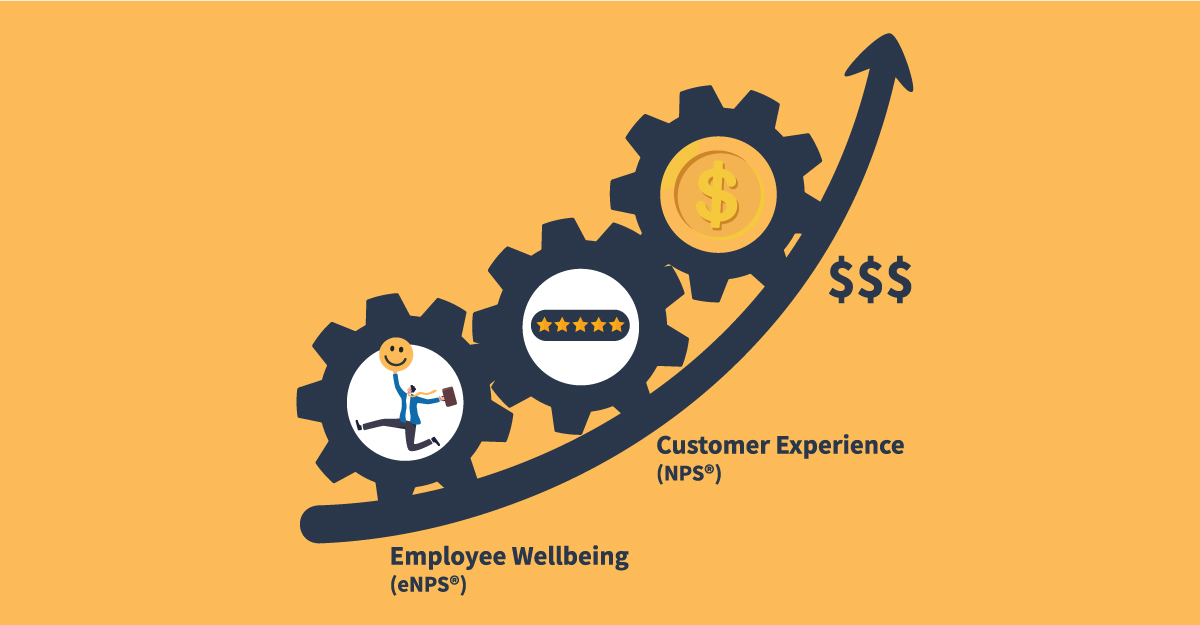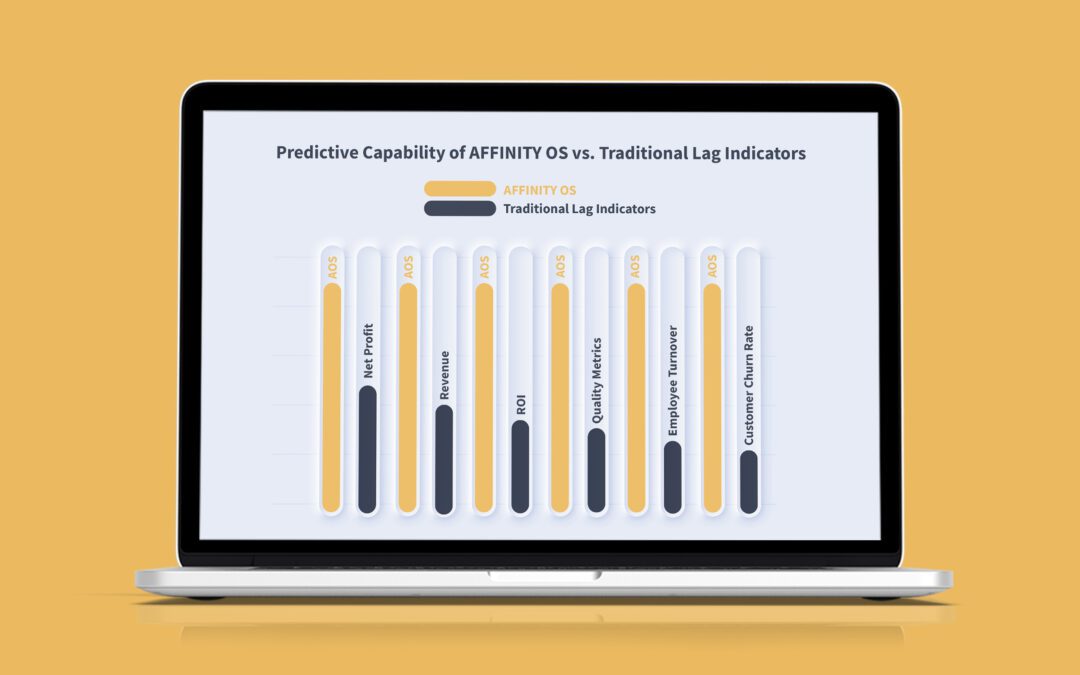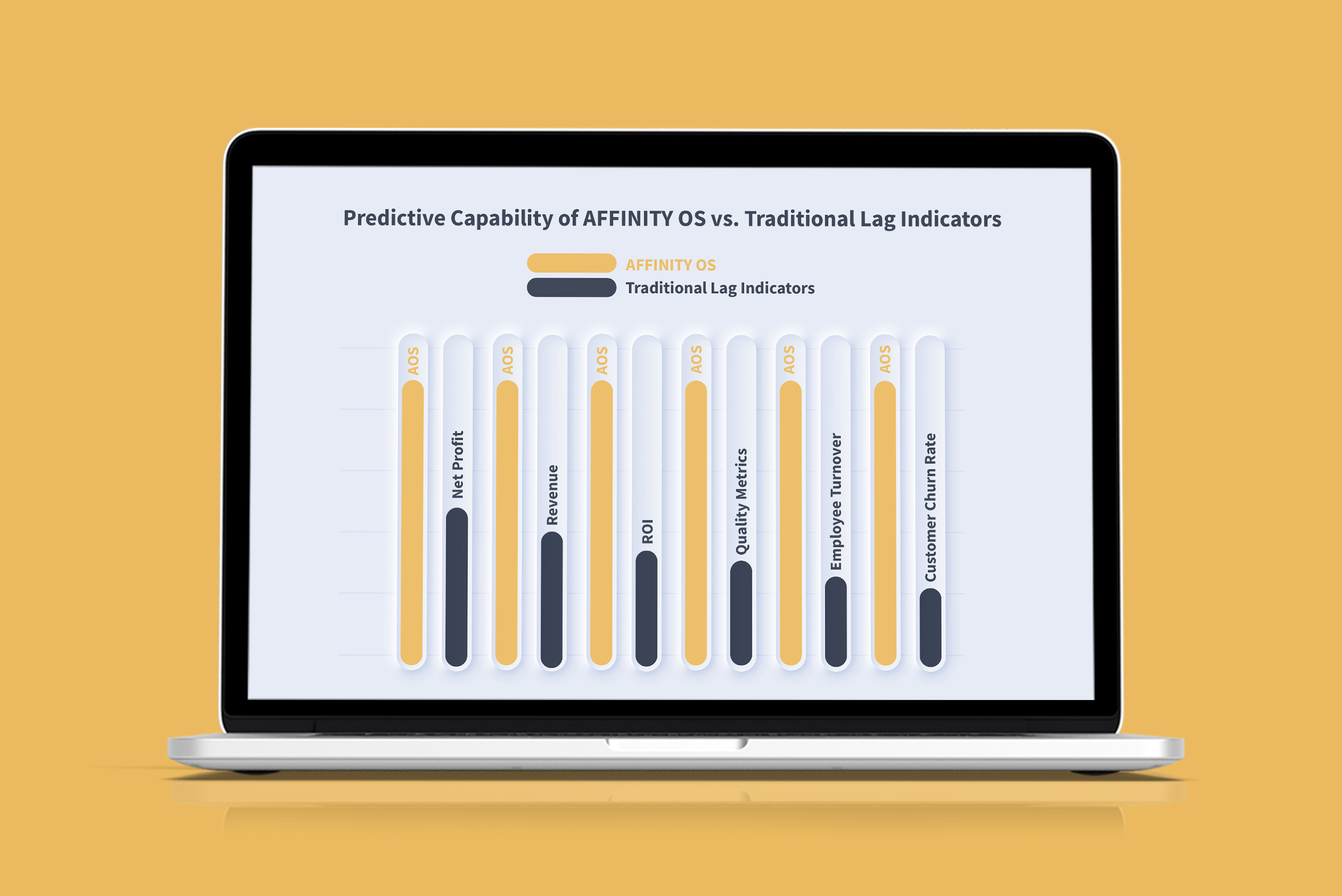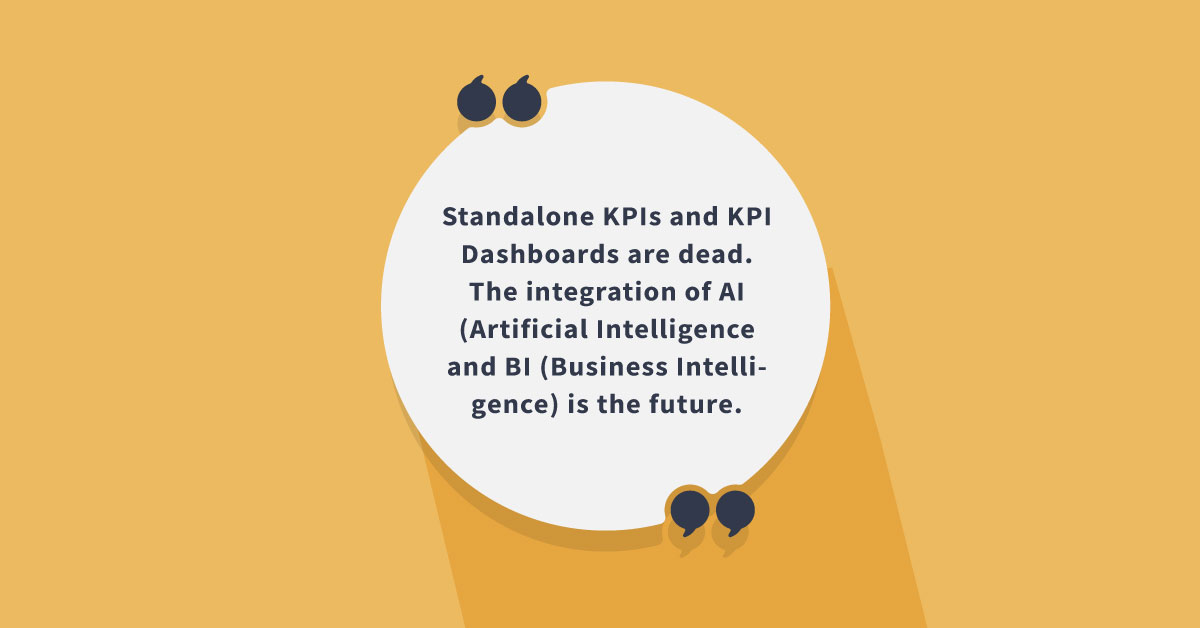When I read “Dashboards are Dead”, a recent ThoughtSpot headline, it made me cringe.
Our product, AFFINITY OS™, uses dashboards to visualize the data our AI engine collects from customers/members and team members of our clients’ businesses. Did this mean we needed to rethink the UX, and/or the BI (Business Intelligence) that brings our data into focus?
As ThoughtSpot said in their opening paragraph, “For more than 20 years, dashboards served as a foundational element of business intelligence, helping leaders visualize and share valuable data across their organization.”
ThoughtSpot then went on to say, “At inception, dashboards were the perfect vehicle for delivering key report KPIs without data workers needing a background in coding or IT. But much has changed over the last two decades, including the appetite and needs of business users.”
They go on to cite that 67% of executives aren’t comfortable accessing or using data from their existing dashboard resources.
They point out that it takes on average 4.5 days for a dashboard report to be populated.
And that 50% of data budgets is wasted by remedial data tasks versus analysis.
And then I breathed a sigh of relief.
In Chapter 6 of the article, they point out that the future of data analytics is AI-driven. BI and dashboards aren’t dead, they’re using AI to transform their data into actionable business insights.
And that is exactly how AFFINITY OS works. We use AI to do all the heavy lifting, analyzing customer feedback and team engagement in real time. We use BI to bring this feedback into focus. We use a combination of AI and BI to recommend and prioritize actions in a paint by numbers approach that drives customer experience, retention, referrals, team engagement and growth. Our AI engine also illuminates trends that will impact financial performance and these lead indicators allow you to proactively address these opportunities or threats.
The Future of BI and AI
The integration of BI and AI is an ongoing trend. As AI technology continues to develop, we continue to create even more powerful tools that combine live data analysis, forecasting, and automation to give your business a significant competitive edge.
If you want to know more about AI and BI in action, feel free to reach out to me for a demonstration of AI-driven insights use-case roadmap discovery session.






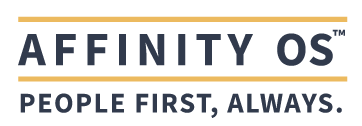
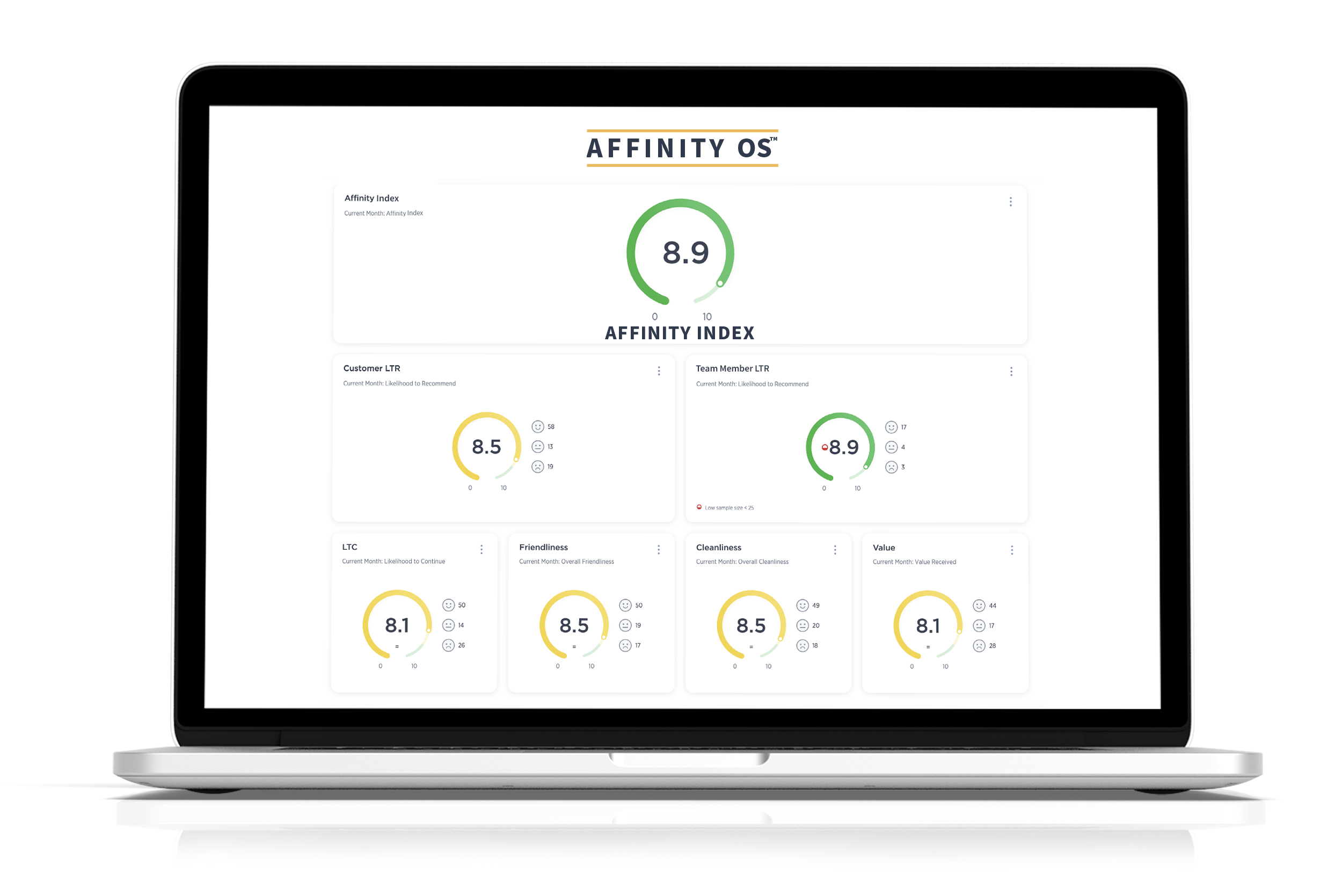 Interested in learning more about how to transform your organization’s approach to team member engagement and customer experience? Reach out to our team at
Interested in learning more about how to transform your organization’s approach to team member engagement and customer experience? Reach out to our team at 